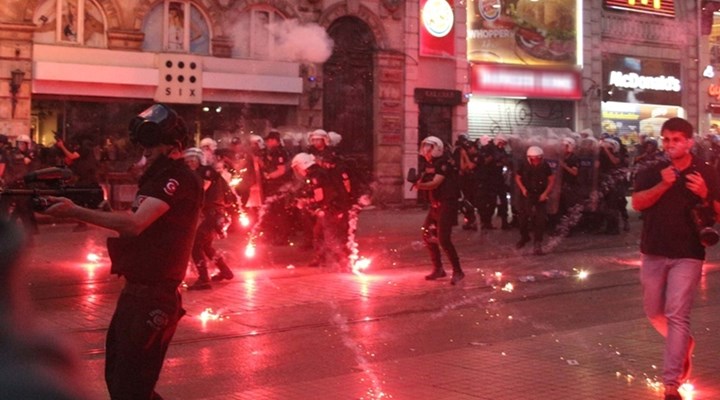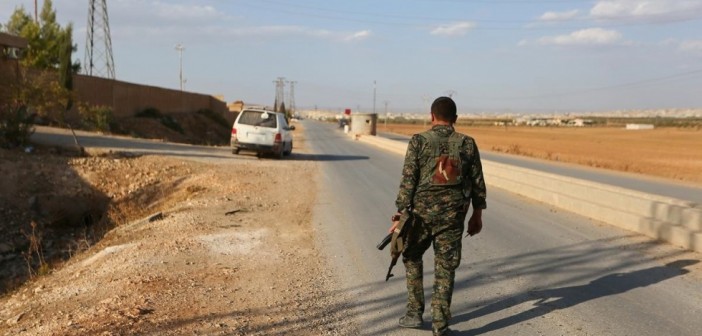The revelation that the Kurdish militant force the PKK was responsible for a terror attack killing two Turkish policemen has sent shockwaves rippling through Turkey. A new wave of PKK terrorism hearkens back to the dark days when the government waged war on militant Kurds, a thirty year battle which ended only two years ago. The PKK is a terrorist group tied to the outlawed Kurdistan Workers’ Party. The rise of ISIS has pushed Turkey into the uncomfortable position of fighting with the Kurds in Iraq and Syria, whilst fighting against them at home. The election of a strong contingent of HDP politicians into the Grand National Assembly, combined with increased Kurdish military activity in the region, has made this situation all the more complicated.
The PKK claimed that the attack was as a retaliation for an ISIS attack in the Turkish border town of Suruc, which 32 were brutally killed. The town is only six miles from Kobane, and the attack targeted a group campaigning for its reconstruction. The attack provoked protests on the streets, and led to the Turkish government shutting down access to Twitter.
 However, the fact that the Turkish government is fighting ISIS seems not to have registered with many. The PKK accused the Turkish security apparatus of being supportive of ISIS. This is a charge, rightly or wrongly, that has often been levelled at Turkey’s security forces. The controversy of arms flooding across Turkey’s border with Syria has lead many to allege pro-ISIS sympathies within the Turkish establishment.
However, the fact that the Turkish government is fighting ISIS seems not to have registered with many. The PKK accused the Turkish security apparatus of being supportive of ISIS. This is a charge, rightly or wrongly, that has often been levelled at Turkey’s security forces. The controversy of arms flooding across Turkey’s border with Syria has lead many to allege pro-ISIS sympathies within the Turkish establishment.
Turkey has been faced with significant criticism. First for dragging its heels to join the fight against ISIS. Then, for taking an apparently half-hearted response. But with Turkey’s history, it is understandable why they would be wary to implicitly link arms with a force they have been fighting and defending against for decades. But Turkey can no longer afford to occupy a grey area, of any shade.
ISIS threaten at the border, the PKK has been resurrected and is determined to pick up the fight. Once and for all, Turkey must decide which fight matters more. But it should not be a case of Kurds or ISIS. Turkey has to move beyond identities, and fight extremism wherever it finds it. As we have already seen, for most countries, this is already a struggle. For Turkey, given its history and division, it may prove almost impossible. But with terror attacks from both ISIS and the PKK threatening to tear the country and the region asunder, time is fast running out.
If you like this article you may be interested in “Turkey’s New Political Reality”.





